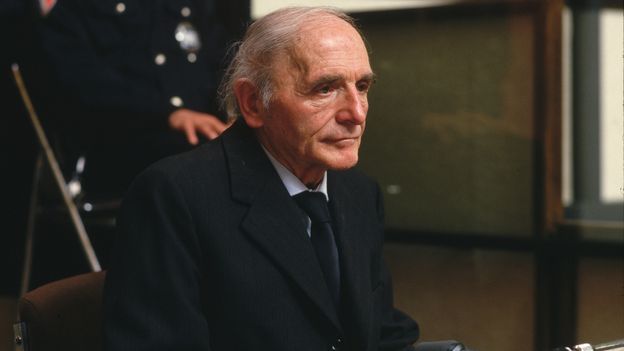https://www.youtube.com/watch?v=playlist
If asked to name our favorite French composer of the late nineteenth or early twentieth century, most of us would reach straight for Erik Satie, being able to bring to mind only his most famous pieces, the Gymnopédies and perhaps the Gnossiennes. We may not know that those works all date from the same few years of his career between the late eighteen-eighties and the early nineties. They also represent only a small portion indeed of his artistic output, which includes a great deal of instrumental and vocal music as well as compositions for dramatic works, written between 1886 and his death in 1925 — the coming hundredth anniversary of which is being celebrated with the recording of new newly discovered pieces.
As the Guardian’s Dalya Alberge writes, these “twenty-seven previously unheard works by Erik Satie, from playful cabaret songs to minimalist nocturnes” have been “painstakingly pieced together from hundreds of small notebooks,” most of them written “in the bohemian bistros of Montmartre in Paris where Satie worked as a pianist.” Their rediscovery owes to the efforts of two composers, James Nye and Sato Matsui, who “tracked down the lost material in various archival collections, including the Bibliothèque Nationale de France.” They’ve now been recorded by pianist Alexandre Tharaud, and you can hear the resulting album, Satie: Discoveries, in the Youtube playlist at the top of the post.
Famous in his native France and elsewhere, Tharaud’s professional involvement with the work of his esteemed predecessor and countryman goes back to at least 2009, when he organized a Satie Day at Paris’ Cité de la Musique. That same year, he recorded Satie’s 1915 compositions Avant-dernières Pensées, or “Penultimate Thoughts. Once dismissed as minor, even by the composer’s enthusiasts, the Avant-dernières Pensées have since risen in status to become some his most often performed later works. With the 27 short pieces that constitute Discoveries, Thauraud’s challenge wasn’t to come up with a fresh reinterpretation, but the very first interpretation any of us will ever have heard, leaving it to the next century of pianists to put their own spins on them.
Related content:
How Erik Satie’s ‘Furniture Music’ Was Designed to Be Ignored and Paved the Way for Ambient Music
The Velvet Underground’s John Cale Plays Erik Satie’s Vexations on I’ve Got a Secret (1963)
Based in Seoul, Colin Marshall writes and broadcasts on cities, language, and culture. His projects include the Substack newsletter Books on Cities and the book The Stateless City: a Walk through 21st-Century Los Angeles. Follow him on the social network formerly known as Twitter at @colinmarshall.








